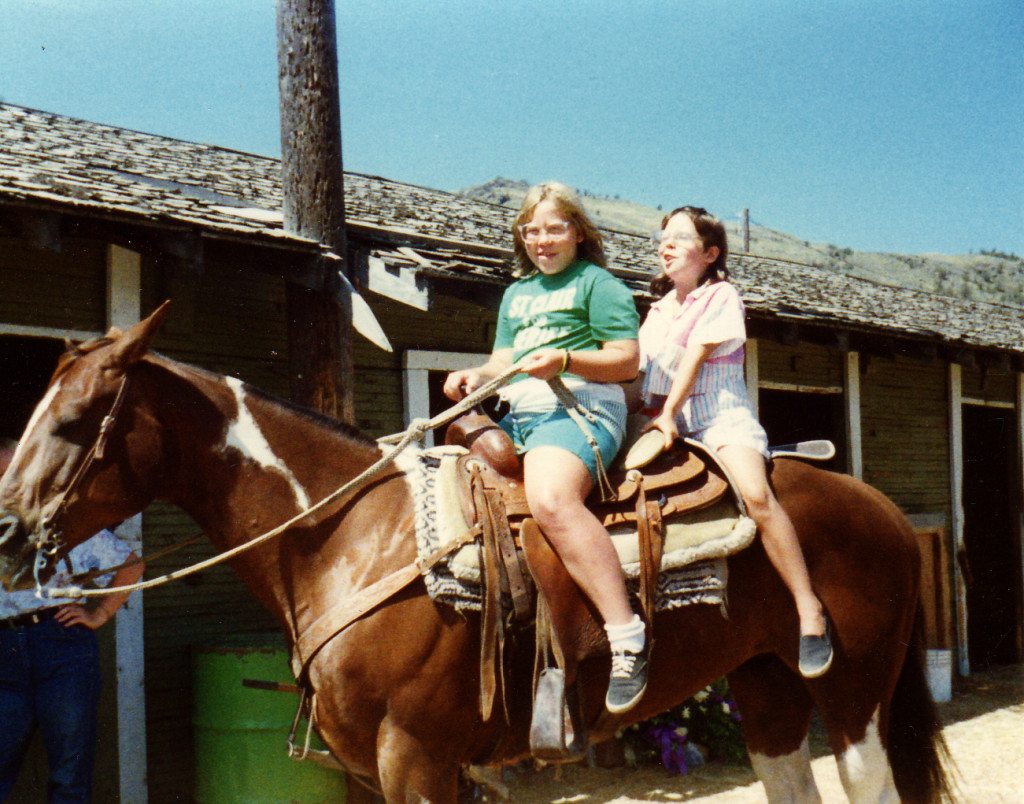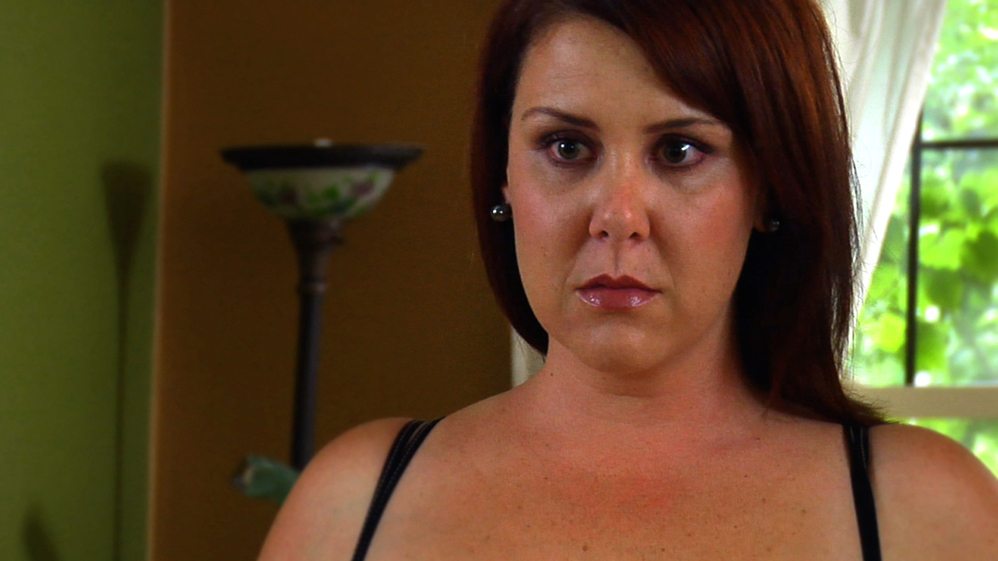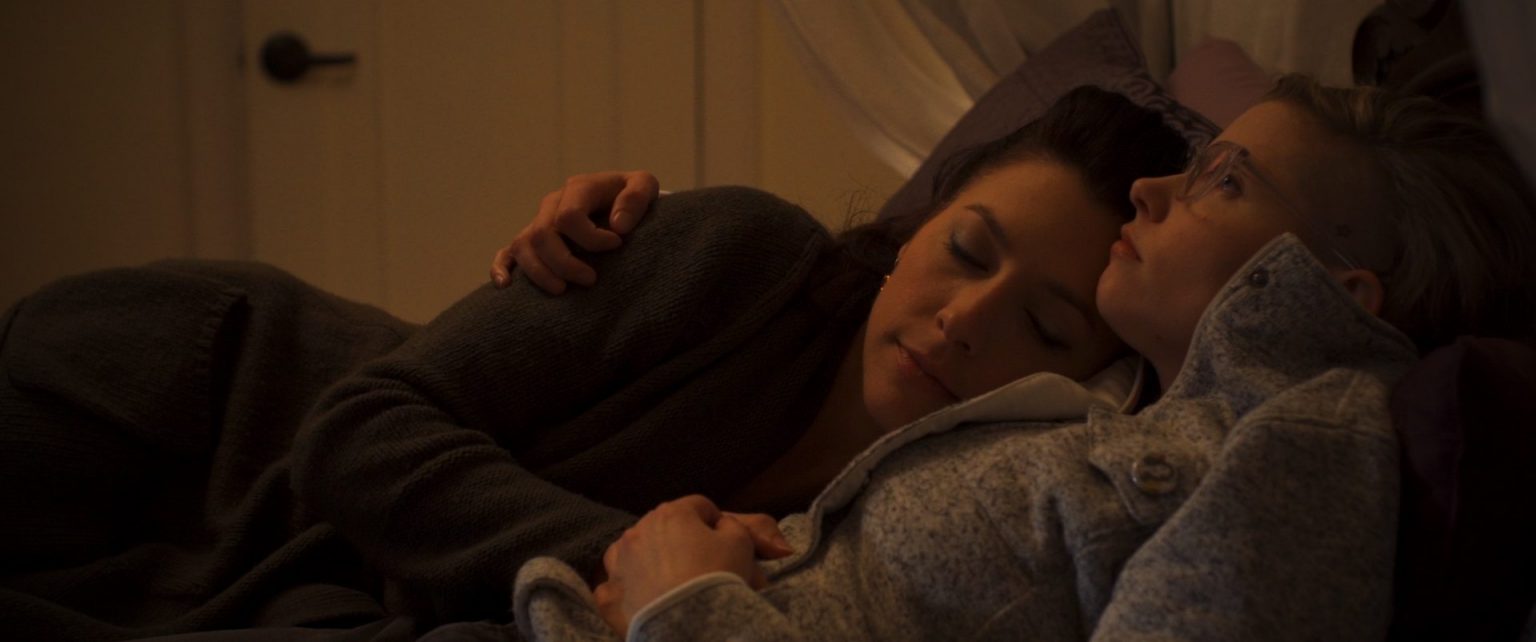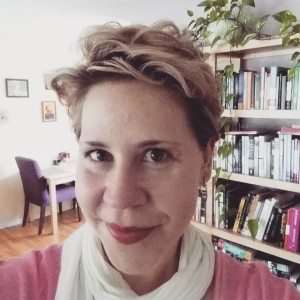 *Editor’s Note: Ms. In The Biz is pleased to present the “Seed&Spark Spotlight” featuring female filmmakers who are currently raising funds for their next project via the crowdfunding site “Seed&Spark”
*Editor’s Note: Ms. In The Biz is pleased to present the “Seed&Spark Spotlight” featuring female filmmakers who are currently raising funds for their next project via the crowdfunding site “Seed&Spark”
From a young age I learned I needing fixing. After all, I’m a plus-size woman who strives to embrace both her feminine voice (without being “weak”) and her emotions. See? Broken.
It started, as it often does for young girls, with my appearance. Remember Olive from Little Miss Sunshine and her adorable round belly? That was me, except my glasses were dorkier. However, my parents didn’t think my stomach was so charming and “suck it in” became a catch phrase in my house.

Despite the gift of body image paranoia (and boy does that gift keep on giving), I do have to give my mother credit: I was raised by a smart, successful woman. She became an attorney at a time when it was rare for a woman to do so — her law school dean, upon seeing her pregnant with my sister, told her to give up. Instead, she graduated top of her class.
But the law is no place for ladies. So in order to survive, she had to hide her feminine traits — most potently, emotions. Showing emotion was an invitation for the opposition to invalidate her argument; love or passion were weaknesses to be exploited.
Now, for a little girl who was incredibly emotional and artistic — who wore her heart on her sleeve and always had tears on speed dial– this was not an ideal environment to grow up in.
Sadly, I thought I could fill the emotional void with food, which led to more focus on my weight and appearance, which led me to eat more. It was a vicious cycle.
I needed another way to release all the bottled emotions. This is when my love of movies began. Luckily, being a young lady in the 90s, there was a bounty of movies designed with the goal of making teenage girls weep: Circle of Friends, Romeo & Juliet, Never Been Kissed, Braveheart, You’ve Got Mail, Ever After and, the mother-load, Titanic.
My love of emotional movies stuck and I’ve been making them with my husband for 9+ years.
After college, we wrote our first feature Perfect 10. It was a story about a woman, loosely based on my life, who attends her high school reunion to prove her worth to her unrequited high school crush and ends up proving it to herself instead. In real life this crush had told me, “If you were skinny, you’d be perfect.” He was popular, so I believed him.

By the time my IRL reunion came around, I was starting to learn that happiness and loving myself were the best diet plan in the world. I had lost over 70 pounds. By no means did this weight loss make me skinny, I was now wonderfully hourglass and strong. But 16-Year-Old me had to know, much to the chagrin of 29-Year-Old me, “was I perfect, yet?”
So of course I had to write a movie about it.
I thought about how awesome it would be to share everything I was feeling and wanted to say but couldn’t. But the writing process was difficult. I knew how I wanted this movie to make people feel, but I couldn’t find a way to capture it on the page.
All the training I received growing up on how to invalidate and hide my emotions was hard to overcome. So I did the unthinkable: I asked for help. From my equally broken husband. When I read the next draft he put together, I was elated. He took the story and crafted moments of raw, honest emotion. Everything I wanted to say but didn’t yet have the courage to put on the page. His feminine voice mentored mine.
Truly tackling body image with the characters in this film helped me face my issues head on. It has influenced my life and how I live it, along with how we infuse body image and identity issues into every character we write.
Once I had that first hit of my own feminine voice, I was hooked. I wanted to figure out how to do it even better and stronger. But as with all personal growth, it doesn’t happen overnight. It happens in baby steps (and sometimes the baby forgets how to walk).
Over the last dozen-ish shorts and three features, I’ve worked on harnessing my feminine voice, creating stories about complex, layered, vulnerable, determined, flawed, human women and men who have to learn to harness their feminine voice in order to grow and change.
Our newest feature, Brides to Be, puts the idea that idea to the ultimate test. It’s a romantic love story wrapped in a paranormal thriller — an allegory for how hate and fear can infect us if we let it. But in the end, it’s a story about the power of love. How love can win in the face of seemingly unstoppable forces, how love is the only thing that can stop them — but with the full understanding and nuance of the “real world”. Love, compassion and sacrifice do not prevent pain, they are just the best way to endure the struggles of life and celebrate the journey. With this film, I’ve felt more connected to my feminine voice than I ever have before.
I’m stronger for it.
While I’m not a big fan of filmmaking-as-therapy, I cannot deny how helpful the filmmaking process has been to my health, how the act of processing my flaws into characters has made me a happier human being.
I’m sure people will always see me as broken (I am a woman, after all) and that’s fine. I’m an intelligent, loving, confident, beautiful curvalicious woman who gleefully embraces her feminine voice, uses it as a font of strength, and is grateful for her emotions.
See? Broken.
– Lindy
*Find Lindy’s campaign for “Brides to Be” on Seed&Spark HERE.



